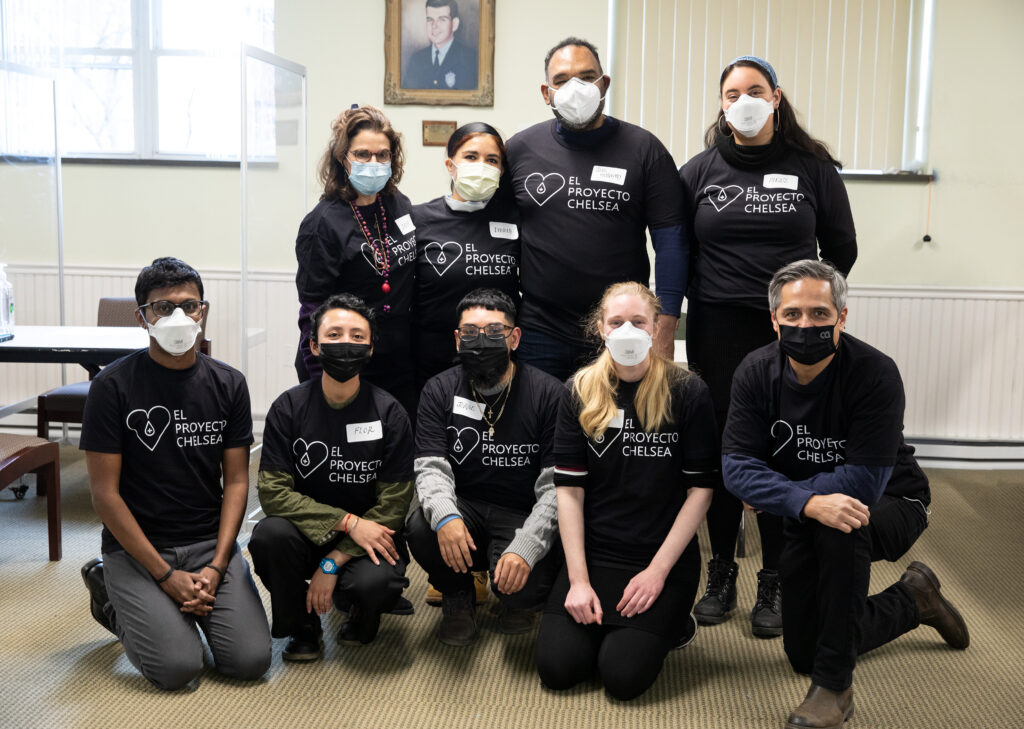Rapid antigen tests for COVID-19 are a cost-effective tool to monitor ‘infectious’ individuals in a community irrespective of their symptomatic status. While PCR testing remains the gold standard for COVID-19 diagnosis, frequent rapid antigen tests are highly specific for positive results (if you test positive, you likely have the virus), and results are available within a short 15-minute window. Additionally, antigen tests allow for frequent usage because they are affordable and can be performed at home.
The appearance of the virus in asymptomatic individuals makes it almost impossible to detect unless a monitoring system is employed routinely. The idea behind frequent antigen rapid test protocols is to monitor the appearance of a COVID-19 case early in the infection and to quarantine the positive case before the virus transmits to others in the community. Especially with breakthrough infections on the rise, affordable testing is an effective tool to monitor new cases and quickly prevent the further spread of the virus.
This project aims to monitor COVID-19 cases in three congregate living settings in the city of Chelsea, MA. Many of the residents in these buildings are seniors, people with disabilities, and people whose primary language is not English. Our public health mission is to bring access to frequent testing to people for whom it might be challenging to obtain COVID-19 tests otherwise.
Residents will enroll on a volunteer basis and agree to be tested once a week for four months. The tests will be self-performed and/or supported by the project staff on site. A data management system will register participants, label test kits, collect participant responses, capture test strip images, monitor program performance, and report results. A confirmatory PCR test will be conducted in case of a positive test result, and participants will quarantine according to the usual Center of Disease Control and Prevention and Public Health recommendations already established.
